UNIVERSITIES
Studying MBBS in Belgium
Belgium is increasingly becoming a favored destination for Indian students and international students to pursue MBBS abroad. With its high-quality education system, affordable living costs, and rich cultural diversity, Belgium provides an excellent opportunity for medical aspirants. Let us go into a detailed overview of everything you need to know about studying MBBS in Belgium, including top medical universities, admission requirements, living costs, scholarships, and student life.
Are you interested in studying medicine in Belgium?
We would be happy to advise you free of charge about your options for studying medicine in Belgium.
Why MBBS in Belgium?
Belgium offers several advantages for Indian students considering MBBS:
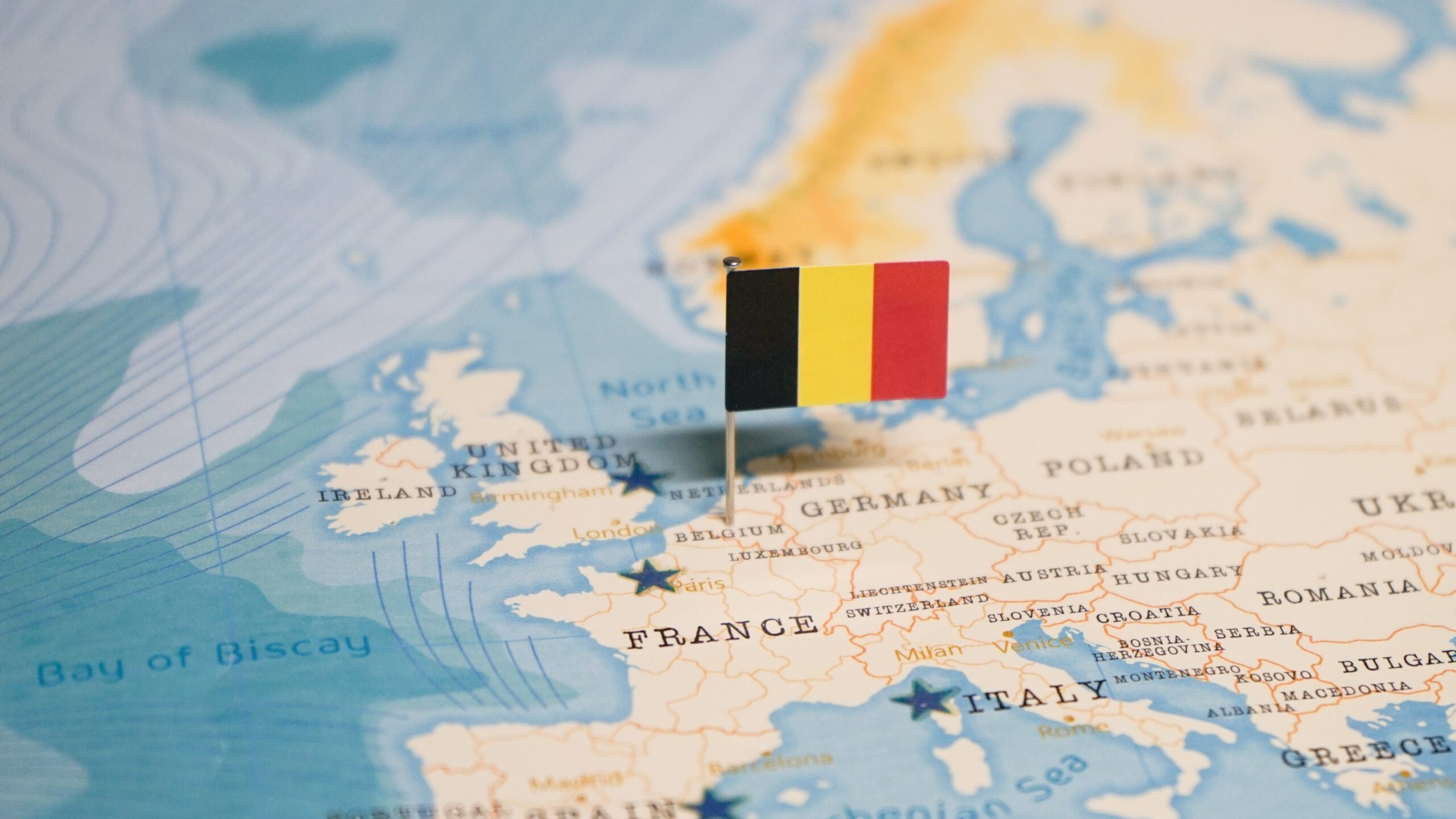
Global recognition
MBBS in Belgium is recognized worldwide, enabling graduates to practice medicine in various countries, including India. The high academic standards and rigorous training ensure that Belgian degrees hold significant value internationally.
Affordable education
Compared to other European countries, MBBS in Belgium offers a more cost-effective option for medical education. Tuition fees and living expenses are relatively lower, making it a financially accessible choice for international students.
Multilingual environment
Belgium is a multilingual country with Dutch, French, and German as its official languages. This multilingual and multicultural environment offers student s a unique opportunity to enhance their language skills while immersing themselves in a diverse cultural setting. Such an environment helps prepare students to become an adaptable and culturally aware medical doctor who can effectively communicate and work in diverse, international settings.
High quality education
Belgian universities are renowned for providing high quality education with rigorous academic standards, advanced research facilities, and comprehensive medical training. For those looking to study medicine in Belgium, the education system emphasizes both theoretical knowledge and practical skills, ensuring that international students, including Indian students, are well-prepared for successful medical careers. With renowned universities offering a blend of quality education and hands-on experience, students gain the expertise needed to excel as medical professionals globally.
Cultural diversity
Belgium’s rich cultural tapestry, being at the heart of the European Union, offers an enriching experience for those looking to study MBBS in Belgium. The country's diverse cultural influences and traditions provide students with a unique and vibrant lifestyle, fostering an international perspective. This rich cultural diversity not only enhances personal growth but also contributes to the international recognition of Belgian medical universities, making them a top choice for students worldwide.

Together for success - futureMBBS and studying medicine abroad
Do you want to study medicine abroad and are looking for the most suitable university for you and don't really know where to start looking for the right country and a good university? futuredoctor is happy to support you!
Besides the Student advisory service In addition to selecting the university and accompanying you to the desired on-site appointments, futureMBBS also offers support during the application process and preparation for possible aptitude tests, as well as orientation at the place of study - including the search for accommodation! Get your application quickly and easily free info pack!
Best universities for MBBS in Belgium
Belgium is home to some of the top medical universities that offer MBBS programs, making it a great choice for international students who want a world class medical education while studying medicine abroad. Here are some of the top medical schools:
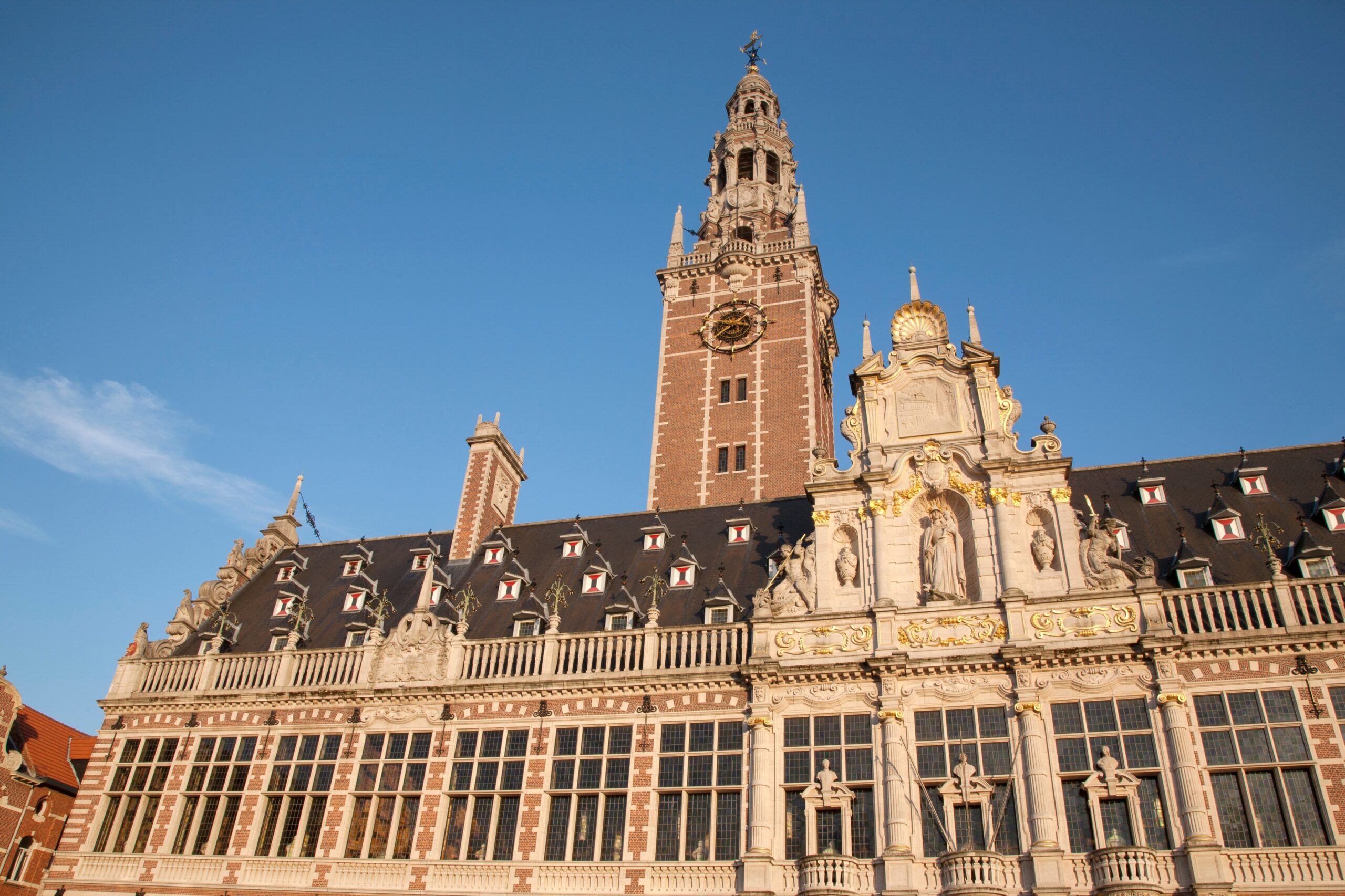
University | NMC Approved | Course Information |
KU Leuven | Yes | A top medical university that offers an MBBS program focusing on general medicine. The course blends theoretical knowledge with hands-on practical skills, supported by its strong research culture and doctoral programs. |
Ghent University | Yes | Offers a robust MBBS curriculum that emphasizes hands-on clinical experience and research opportunities. As a prominent medical school in Belgium, it ensures a thorough educational journey for an international student pursuing MBBS in Belgium, and providing the medical community with a competent medical graduate.
|
Université Catholique de Louvain (UCLouvain) | Yes | A Catholic University that offers a solid theoretical foundation with practical training in medical fields and reasonable tuition fees. It is dedicated to assisting students throughout the academic calendar. It's an excellent choice for those studying medicine in Belgium and pursuing doctoral programs. |
Université Libre de Bruxelles (ULB) | Yes | Renowned for its inclusive environment and focus on medical research, including medical imaging techniques. As one of the leading Belgian medical universities , it equips future medical professionals with advanced clinical practice. |
University of Antwerp | Yes | Integrates biomedical sciences and life science with clinical training and research, offering foreign students a comprehensive program to study medicine, including general medicine and practical medical practice, through its interdisciplinary approach.
|
Course information: structure and curriculum
MBBS in Belgium is structured to offer a thorough education in medical studies throughout the academic year. Here’s a detailed breakdown of the course structure and how it fits into the academic calendar:
Pre-clinical phase
- Duration: 2 years
- Focus: The pre-clinical phase covers basics of general medicine, including:
- Anatomy: Study of the structure of the human body.
- Physiology: Understanding the functions and mechanisms of the body.
- Biochemistry: Examination of chemical processes within living organisms.
- Pathology: Study of disease causes and effects.
- Pharmacology: The study of drugs and their effects on the body.
Clinical phase
- Duration: 3 years
- Focus: This phase involves hands-on medical practice in various medical fields, including:
- Internal medicine: Diagnosis and treatment of internal diseases.
- Surgery: Practical training in surgical procedures.
- Pediatrics: Medical care for children.
- Obstetrics and gynecology: Focus on childbirth and female reproductive health.
- Psychiatry: Understanding and treating mental health conditions.
Internship
- Duration: 1 year
- Focus: A mandatory internship where medical school students work under the supervision of experienced doctors in hospitals or clinics which allows them to apply their medical studies in real-world scenarios, enhancing their language skills and understanding of healthcare services as they prepare to become a medical graduate.
Eligibility criteria for Indian students
To be eligible for an MBBS in Belgium, Indian students must meet specific eligibility criteria, so it’s important to check for up-to-date information.
Educational background
- High school diploma: Completion of higher secondary education (12th grade) with strong grades in science subjects, including biology, chemistry, and physics, is essential for medical school.
- Academic transcripts: Must demonstrate excellent performance in relevant subjects to meet the eligibility criteria for studying medicine in Belgium.
Language proficiency
For international students, meeting the language proficiency eligibility criteria is crucial to studying medicine in Belgium. Proficiency in the official languages of instruction—Dutch, French, or English—is required. The accepted language proficiency tests include:
- IELTS (International English Language Testing System): Required for English-taught programs, ensuring strong language skills in a multilingual environment.
- TOEFL (Test of English as a Foreign Language): Another option for English proficiency.
- TCF (Test de Connaissance du Français): Required for French-taught programs.
- NT2 (Nederlands als Tweede Taal): For Dutch-taught programs.
Entrance exams
- University-specific exams: For MBBS in Belgium, medical universities may require entrance exams to assess knowledge in subjects like biology, chemistry, and physics. To meet the eligibility criteria, it’s crucial to check each university's specific requirements and ensure you have up-to-date information.
Admission process
The admission process for studying medicine in Belgium involves several steps:
Research and select universities
- Research: Investigate the top medical universities in Belgium, considering factors like curriculum, faculty, research opportunities, and campus facilities. This is important for both a student within European Union and an international student who is considering studying medicine abroad
- Select universities: Choose institutions that align with your academic and career goals, especially if you aim to study medicine in Belgium.
Prepare application documents
These documents are essential for international students applying to universities in Belgium:
- Academic transcripts: Certificates and transcripts from previous education like high school diploma.
- Language proficiency certificates: Proof of official languages of instruction like English, French, or Dutch language skills, through results from language proficiency tests.
- Curriculum vitae/resume: Detailing academic achievements and relevant experience.
- Motivation letter: A personal statement explaining why you want to study MBBS in Belgium and your career aspirations.
Submit online application
- Application form: Fill out the online application form on the Belgian universities' website.
- Document submission: Make sure to upload all necessary documents and submit them before the deadline. For international students studying medicine in Belgium, following this part of the application process is key to securing your place.
Entrance exams
- Prepare for exams: For international students studying medicine abroad, it's essential to study for any university-specific entrance exams if applicable. These tests often cover topics related to medical studies and are a crucial part of the application process for those aiming to study medicine in Belgium.
Application review and interview
- Application review: Medical universities will carefully review your application and might ask for additional information or documentation as part of the application process to study medicine.
- Interview: Some universities may conduct interviews as part of the selection process. Prepare to discuss your academic background, motivation, and career goals.
Receive offer letter
- Offer letter: Successful candidates will receive an offer letter from the university, a key document needed for the student visa application process.
Pay tuition fees
- Fee payment: Pay the required tuition fees to secure your place to study medicine in Belgium. Keep proof of payment handy, as it’s essential for the visa application process and may also be required when seeking financial support.
Types of intakes for MBBS programs in Belgium
Belgian universities generally offer two main intakes for MBBS programs:
Intake | Description |
September Intake | The primary intake for most medical universities in the European Union, with classes beginning in September for students who wish to study medicine. |
February Intake | A secondary intake available at some universities, allowing students to start their studies in February. |
Scholarships for international students
Several scholarships are available to help Indian students manage the cost of medical studies during the academic year in Belgium:
Erasmus mundus scholarships
- Eligibility: Open to international students from both EU and non-EU countries, including India.
- Coverage: Provides financial support for tuition fees, living expenses, and travel costs.
VLIR-UOS scholarships
- Eligibility: Targeted at students from developing countries, including India.
- Coverage: Covers tuition fees, accommodation, travel, and other related expenses.
Government scholarships
- Eligibility: Offered by the Belgian government for international students pursuing higher education.
- Coverage: Includes tuition fees, living expenses, and health insurance.
University specific scholarships
- KU Leuven: Offers various scholarships and financial aid options for international students.
- Ghent University: Provides scholarships based on academic merit and financial need.
- UCLouvain: Offers financial aid and scholarships for exceptional students.
- ULB: Provides several scholarship opportunities for international students.
- University of Antwerp: Offers scholarships and grants for high-achieving students.
These scholarships at universities in Belgium make studying medicine in Belgium more accessible to students.
Cost of living in Belgium
The cost of living while pursuing MBBS in Belgium varies depending on the city and lifestyle. Here’s a detailed breakdown of average monthly expenses for international students:
Expense | Cost (EUR/INR) |
Accommodation | 400 – 800/₹35,460 – ₹70,920 |
Food | 250 - 500/ ₹22,163 – ₹44,325 |
Transportation | 50 - 150/ ₹4,433 – ₹13,300 |
Health Insurance | 60 - 120/ ₹5,319 – ₹10,638 |
Miscellaneous Expenses | 100 - 300/ ₹8,865 – ₹26,595 |
Total | 860 - 1,870 / ₹76,240 – ₹165,778 |
Accommodation
University dormitories:
Costs range from EUR 400 to EUR 600(₹35,460 to ₹53,190) per month, offering basic amenities and often located on or near campus which is ideal for those studying medicine in Belgium.
Private apartments:
Prices range from EUR 600 to EUR 800 (₹53,190 to ₹70,920) per month, depending on location, size, and amenities. As with many European countries, living costs can vary, so it's important to choose the option that best fits your needs.
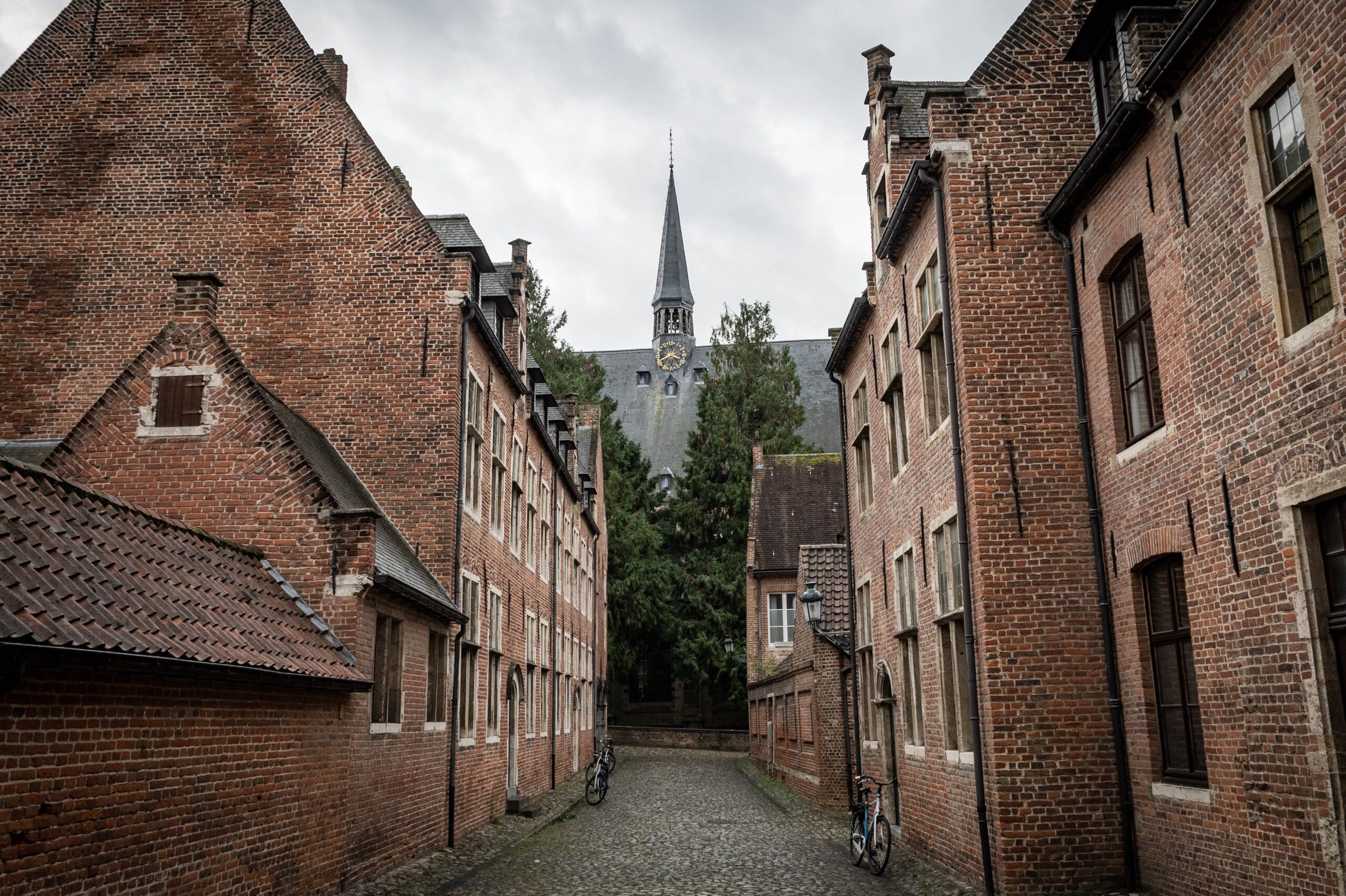
Food
Dining out:
Student cafeterias and local restaurants in Belgium’s multicultural environment provide affordable dining options.
Groceries:
Shopping for groceries and cooking at home can be a budget-friendly choice, especially for international students at universities in Belgium.
Average cost:
EUR 250 to EUR 500(₹22,163 – ₹44,325) per month.

Transportation
Public transport:
Belgium has an extensive public transport network, including buses, trams, and trains, making it convenient for those studying medicine in Belgium. Students can also benefit from discounted fares.
Average cost:
EUR 50 to EUR 150(₹4,433 – ₹13,300) per month, depending on the city and frequency of travel.
Health insurance
Mandatory:
Health insurance is required for all students, including those studying medicine. Securing health insurance is also a crucial step in obtaining a student visa. You can purchase health insurance after comparing the cost between different coverage options and providers.
Average cost:
EUR 60 to EUR 120( ₹5,319 – ₹10,638 ) per month.
Miscellaneous expenses
Includes:
Personal expenses, leisure activities, and other incidental costs. Living in a multicultural environment can introduce unique experiences and opportunities, influencing your spending.
Average cost:
EUR 100 to EUR 300(₹8,865 – ₹26,595 ) per month.
Student life in Belgium
Belgium offers a vibrant and engaging student life with a plethora of activities and opportunities to immerse yourself in the local culture.
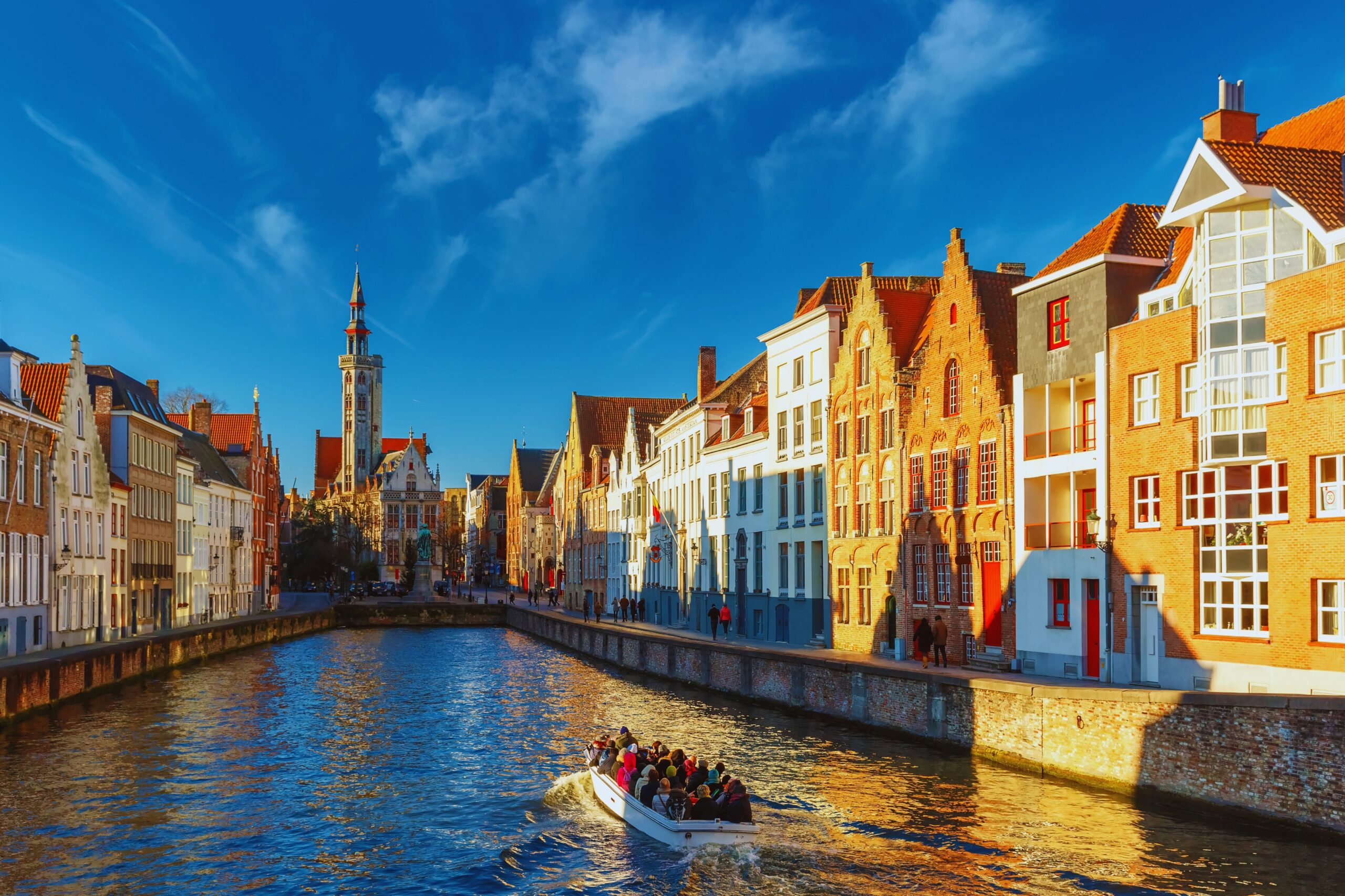
Cultural activities
Festivals:
Belgium hosts various festivals throughout the year, including music, food, and cultural events. Notable festivals include Tomorrowland, the Brussels Jazz Festival, and the Ghent Festival.
Museums and galleries:
Explore Belgium’s rich history and art through its many museums and galleries, such as the Royal Museums of Fine Arts in Brussels and the Museum of Fine Arts in Ghent.
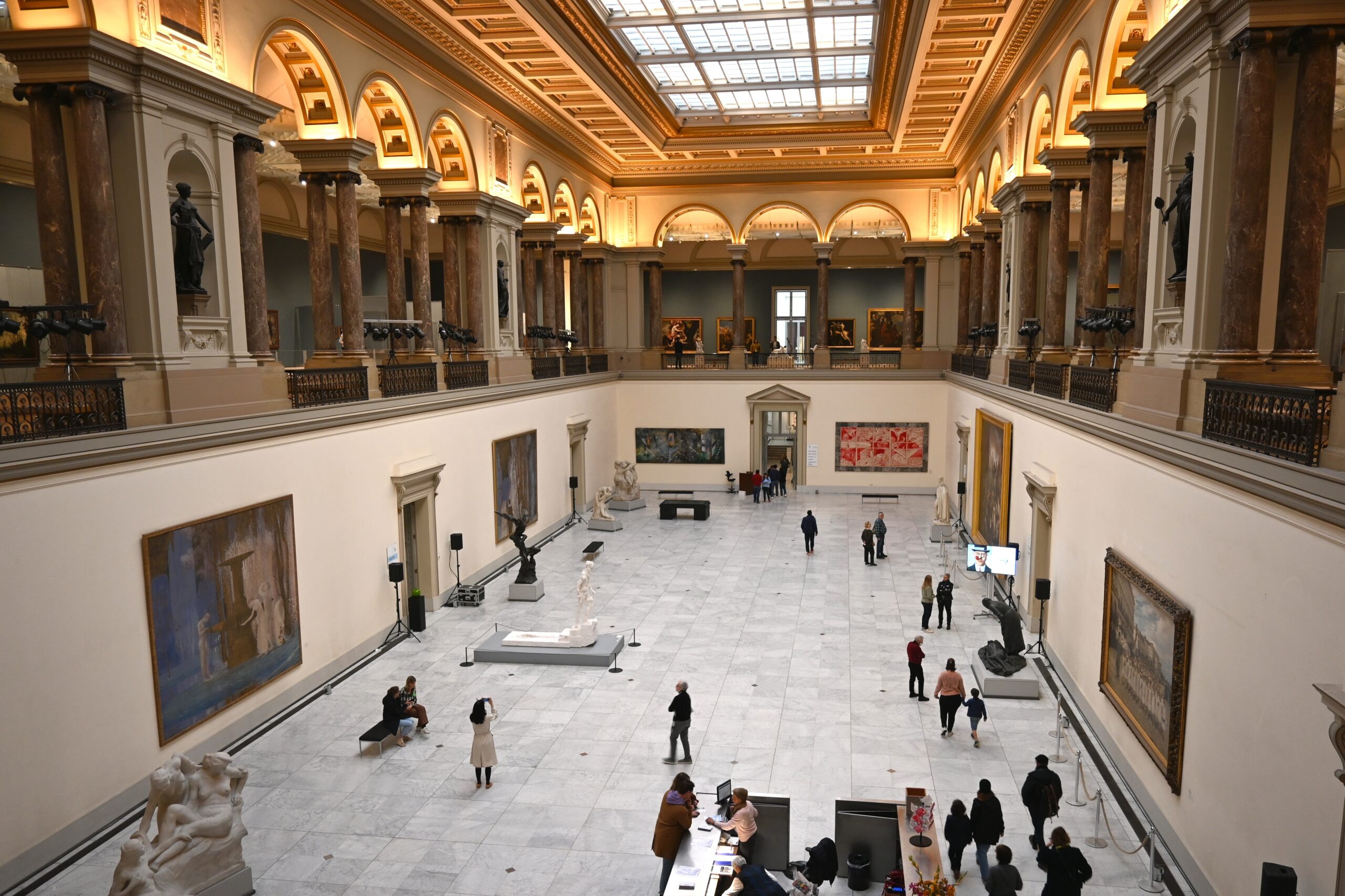
Social life
Student associations:
Join student clubs and associations to meet new people and engage in diverse activities, including sports, arts, and academic interests.
Sports:
Participate in sports and recreational activities offered by universities or local clubs. Many universities have their own sports facilities and teams.
Travel opportunities
European travel:
Belgium’s central location in Europe allows easy travel to neighboring countries like France, Germany, and the Netherlands. Use affordable travel options like budget airlines and train services.
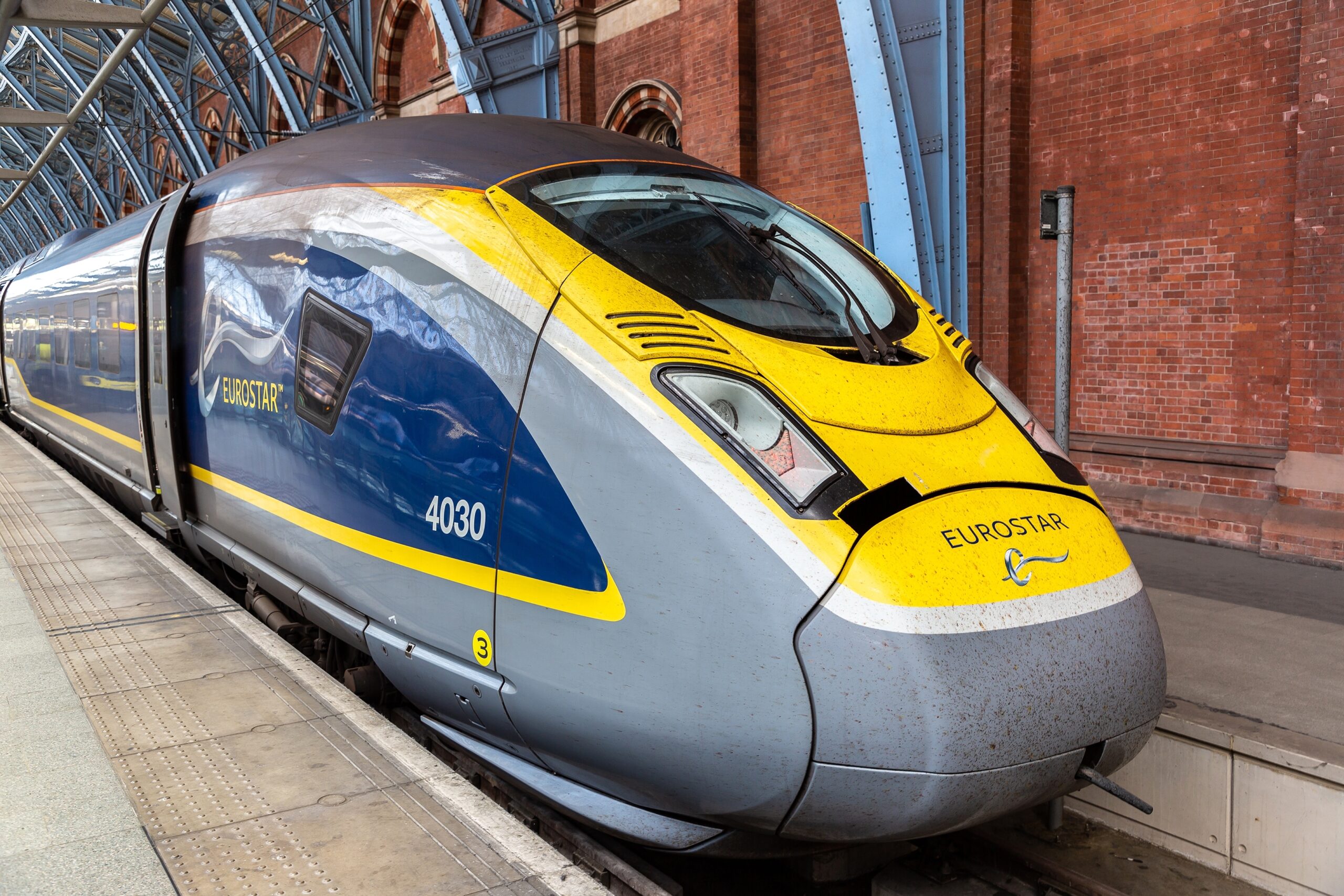
Exploration:
Discover Belgium’s picturesque cities, historical landmarks, and scenic landscapes, including Bruges’ canals, Antwerp’s historic architecture, and the Ardennes region’s natural beauty.

Application timeline
To ensure a smooth application process, follow this timeline:
Task | Deadline |
Research and Select Universities | 12 - 18 months before start of the program |
Prepare Application Documents | 10 - 12 months before start of the program |
Submit Online Application | 8 - 10 months before start of the program |
Prepare for Entrance Exams | 6 - 8 months before start of the program |
Application Review and Interview | 4 - 6 months before start of the program |
Receive Offer Letter | 3 - 4 months before start of the program |
Pay Tuition Fees | 2 - 3 months before start of the program |
Apply for Student Visa | 2 - 3 months before start of the program |
Arrange Accommodation | 1 - 2 months before start of the program |
Travel to Belgium | 1 - 2 weeks before the start of the program |
Student visa process
To study MBBS in Belgium, you need to obtain a student visa. Here’s a step-by-step guide:
Step 1: Obtain an acceptance letter
- Requirement: An official acceptance letter from a Belgian university confirming your admission to the MBBS program.
Step 2: Complete visa application form
- Form: Obtain the student visa application form from the Belgian embassy or consulate in your home country.
Step 3: Gather required documents
Documents required:
- Passport: Valid for at least six months beyond your planned stay in Belgium.
- Acceptance letter: From the university.
- Proof of financial means: Bank statements or financial guarantees demonstrating your ability to cover tuition fees and living expenses.
- Health insurance: Proof of valid health insurance coverage in Belgium.
- Medical certificate: A certificate confirming that you are in good health.
- Visa application fee: Payment receipt for the visa application fee.
Step 4: Submit application
- Submission: Submit the completed application form along with all required documents to the Belgian embassy or consulate.
Step 5: Attend visa interview
- Interview: Attend an interview if required. Be prepared to answer questions about your study plans, financial situation, and ties to your home country.
Step 6: Await visa decision
- Processing time: Visa processing typically takes 4 to 6 weeks. Check the status regularly and follow up if needed.
Step 7: Receive visa and travel to Belgium
- Visa issuance: Once approved, collect your student visa and make travel arrangements to Belgium.
Recognition of Belgian medical degrees in India
Belgian medical degrees are recognized by the National Medical Commission (NMC), allowing graduates to practice medicine in India. Here’s what you need to know:
National Medical Commission (NMC) recognition
- Recognition status: Degrees from recognized Belgian universities are listed in the NMC’s list of approved institutions.
- Eligibility for practice: Indian graduates from Belgian medical schools can apply for registration with the NMC and practice medicine in India.
NExT exam
- Requirement: Indian students who complete their MBBS in Belgium need to pass the NEXT (National Exit Test) to obtain a license to practice in India.
- Preparation: Prepare for the NEXT exam by studying the Indian medical syllabus and understanding the examination format.
Job prospects and salary after MBBS in Belgium
Graduates of MBBS in Belgium have excellent job prospects both in Belgium and internationally. Here’s an overview of potential career paths and salaries:
Job Role | Starting Salary (Approx.) | Job Description |
General Practitioner | €50,000 - €70,000 (₹44,32,500 - ₹62,05,500) | Provides general healthcare services, diagnoses, and treats a wide range of conditions. Works in hospitals or clinics. |
Specialist Doctor | €80,000 - €120,000 (₹70,92,000 - ₹1,06,38,000)
| Requires additional training in a specific area, such as cardiology, surgery, or pediatrics. |
Medical Researcher | €40,000 - €60,000 (₹35,46,000 - ₹53,19,000)
| Involves conducting medical research, often working in academic institutions or research centers. |
Public Health Officer | €45,000 - €65,000 (₹39,87,750 - ₹57,61,750)
| Focuses on community health, disease prevention, and public health policies. |
Healthcare Administrator | €50,000 - €80,000 (₹44,32,500 - ₹70,92,000)
| Manages healthcare facilities, ensures compliance with regulations, and oversees healthcare services. |
Medical Consultant | €70,000 - €100,000 (₹62,05,500 - ₹88,65,000)
| Provides expert advice in a specific medical field, often working with healthcare organizations or government bodies. |
Conclusion
Studying MBBS in Belgium offers a remarkable opportunity for Indian students seeking high-quality medical education in a culturally rich and diverse environment. With affordable tuition fees, globally recognized degrees, and a supportive student community, Belgium stands out as an excellent destination for pursuing medical studies. By following the guidelines and steps outlined in this guide, you can successfully navigate the application process and embark on a rewarding academic journey in Belgium.
Are you ready to realise your dream of studying medicine in Belgium? Book a free consultation with us today and start your journey with futureMBBS. We look forward to accompanying you on your journey and working with you to realise your dream of a career in medicine.
STARTING SHOT
What are you waiting for? 🎉
Order your information package now, find out about studying medicine abroad and get started as a medical student!
FAQs about studying medicine in Belgium
What are the advantages of studying medicine in Belgium?
Belgium offers numerous advantages for medical students, including an EU-recognized degree, high-quality education at renowned universities, and relatively low tuition fees. Additionally, students benefit from a multicultural environment and access to state-of-the-art medical facilities.
Which universities in Belgium offer a medical degree programme?
Belgium is home to several prestigious universities that offer medical degree programs, including the KU Leuven , University of Antwerp ,Ghent University, and Université Catholique de Louvain (UCLouvain). These institutions are known for their rigorous academic standards and comprehensive medical training.
How is the medical degree programme structured in Belgium?
The medical degree programme in Belgium is typically structured into a six-year Bachelor's and Master's programme. The curriculum combines theoretical teaching with practical experience, ensuring that students receive a well-rounded medical education.
What requirements do I have to fulfil to study medicine in Belgium?
To study medicine in Belgium, you must have a high school diploma. While grades are considered, language proficiency in French, Dutch, or English is crucial, as most courses are taught in these languages. Additionally, passing entrance examinations is often required by universities.
How much does it cost to study medicine in Belgium?
Tuition fees for studying medicine in Belgium range between 35,974 INR (400 euros) and 71,964 INR (800 euros) per semester. In addition to tuition, students should budget for living costs and other expenses.
How do I apply to study medicine in Belgium?
Applications for medical programs in Belgium must include a school-leaving certificate, a language proficiency certificate, and results from the required entrance test. Each university has specific deadlines for applications, so it's essential to check these dates in advance.
Is studying medicine in Belgium internationally recognised?
Yes, a medical degree from Belgium is internationally recognized, particularly within India and other EU countries. This recognition allows graduates to practice medicine in various European countries without additional qualification requirements.
What language skills do I need for the degree programme?
Proficiency in English, French, or Dutch is necessary for studying medicine in Belgium, depending on the language of instruction at the chosen university. Most universities require proof of language skills through a recognized language certificate.
29 countries for your medical studies
Netherlands
Groningen, Maastricht, Amsterdam, Leiden, Utrecht, Rotterdam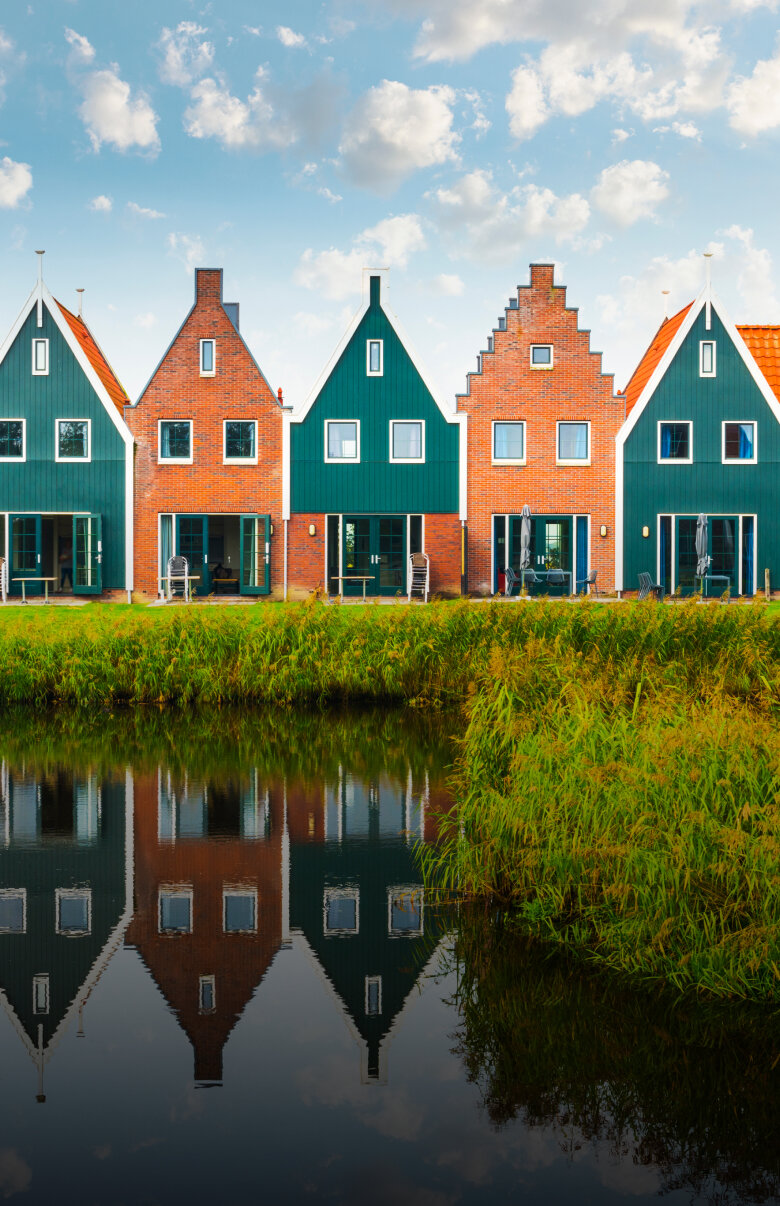
Switzerland
Basel, Fribourg, Bern, Geneva, Zurich, Neuchâtel, Lausanne


























